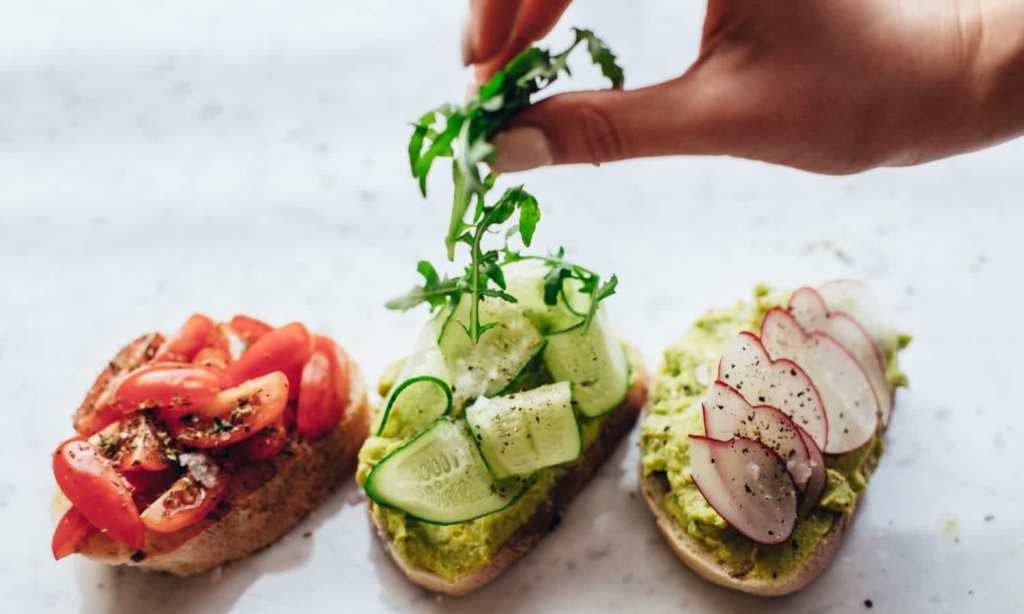Gut health is having a moment. In fact, as evidenced by supermarkets, pharmacies, publications — yes, including us — it’s been having a moment for quite some time. There’s good reason for this. The gut can influence everything from your mood to your concentration and things like avocadoes, potatoes and energy balls can influence your gut.
But what is gut health, really? It seems there’s no one consensus of a definition, even in the scientific world. Mostly, gut health seems to be defined by what’s absent — gastrointestinal symptoms like pain and diarrhoea; disease like IBD or colon cancer; and other unfavourable local conditions (e.g. mucosal inflammation, deficiency of short-chain fatty acids).
So now that we’ve got that sorted, what is a biomarker of gut health? Microbiome is a central contributor. As for the most notable driver of gut health? It’s your diet, according to The Lancet Gastroenterology and Hepatology journal. But it’s more nuanced than that. We shouldn’t all be jumping on one diet, like the Mediterranean diet, or suddenly converting to veganism.
In fact, the article says “The growing evidence that metabolic responses to meals are highly individualised suggests that the best diet for one person may not be so for another.” Translation? Something that works for you might not work for someone else — that’s true, even when it comes to notoriously gut-friendly ingredients like fibre.
There are different types of fibre that occur in food, “each with diverse physicochemical characteristics that determine their effect on gastrointestinal functionality and microbiome-modulating potential”. What works for one may not work for the next.
If you’re wondering exactly where the leaves us, well, you’re not alone. The gut is a complex place, filled with individual nuance. But honestly, sometimes it’s best to get back to basics.
This involves sticking to national healthy eating guidelines — get in those fruits and veggies and wholegrains — drinking lots of water while avoiding excess alcohol (try low-alcohol options), exercising regularly (exercise snacks and exercising with your children counts), as well as taking care of your mental health and staying on top of stress.
Read more stories from The Latch and subscribe to our email newsletter.







